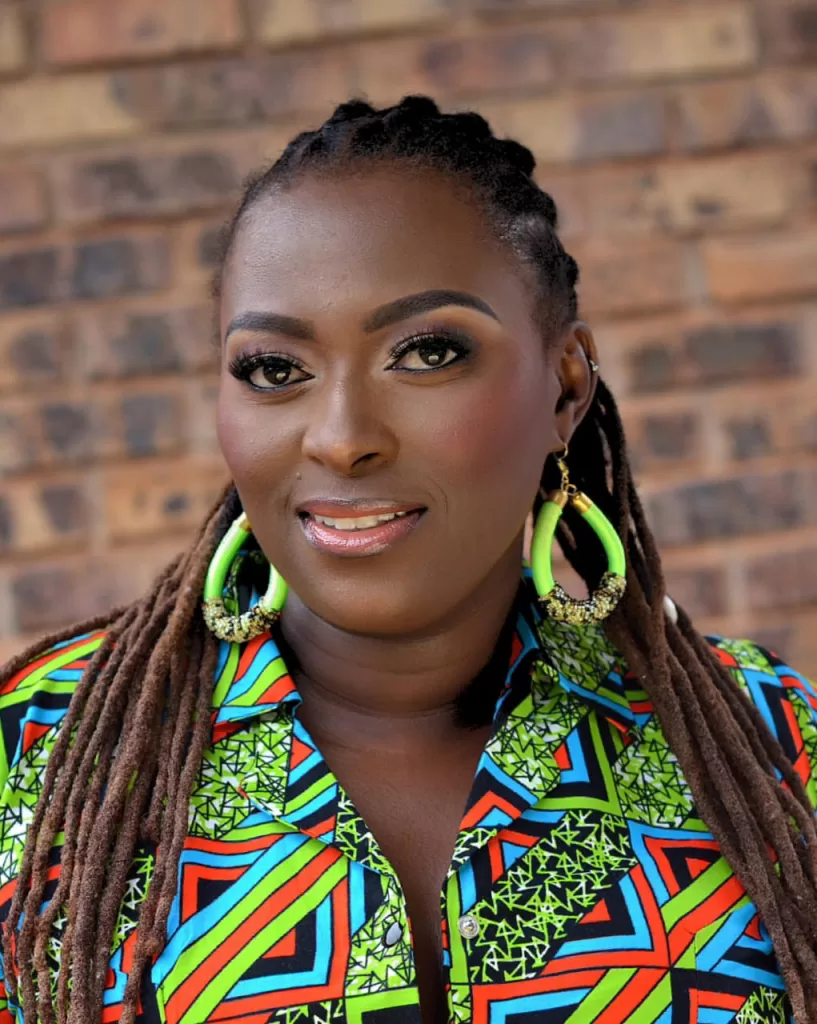Why people invest in solutions, not products
Op:Ed By Precious Nala, Founder of NXT Consultancy
Johannesburg,
Every entrepreneur, solopreneur, and corporate leader is competing for attention in a competitive landscape. Who has the best product, the best solution, the best offering at the best price? But with this features-based mindset, it’s easy for one’s messaging to miss the mark and fail to resonate with customers.
According to Harvard Business School professor Gerald Zaltman, 95% of people make purchasing decisions based on unconscious emotional connections. Part of creating this emotional connection is appealing to what matters to them. I recently attended the IMC (Africa’s top marketing conference), and I was intrigued by the inspiring conversations that dominated the event. A message that resonated with me was: “People don’t buy products, they buy a better version of themselves.”
Consider the story of the iPod. When Steve Jobs invented the iPod, MP3 players had already been around for quite a while. What made the iPod so different? One of the key aspects was how Jobs marketed and presented it: not “1GB storage” or “user-friendly interface”, but “1,000 songs in your pocket”. It wasn’t just a storage device for music; it was a promise of a thousand songs in your pocket, a better version of your music experience. Apple didn’t sell features; they sold a transformation.
Understanding the difference between features and benefits
People often confuse the difference between features and benefits, but they are distinctly different, as we saw in the iPod example. Features are what your product or service has or does (1 GB of storage); benefits are what the features mean and why they are important (1000 songs in your pocket). Simply put, features are the “what”, while benefits are the “why”.
The business of purpose
Your “why” connects you to your customers and aligns with your greater purpose. Entrepreneur and social activist Sarah Collins is the founder of Wonderbag, an award-winning non-electric heat-retention cooker. With a background in social development and ecotourism, Collins launched the company in 2008 when an electricity shortage prompted her to recall her grandmother using cushions to retain the heat in food. Now, Wonderbag is on a mission to reduce carbon emissions and make meal preparation safer, cleaner and more affordable for women.
Sarah Collins’ top advice is for businesses to find their unique contribution and become a problem-solver: “I am driven by a deep sense that every human needs to make a contribution and leave this world a better place. So many people are searching for their purpose, I am incredibly grateful to have found mine, in innovating simple and culturally relevant products that are changing lives for the positive.”
How do you apply the power of purpose in your own business?
I founded NXT Consultancy, a collective of core business functions for growing South African businesses, to bridge the gap between business owners and business operations. To work out how NXT can make its clients’ lives better, I started by asking myself three crucial questions, and I highly recommend doing the same if you’d like to set your business apart:
- “Why?”: Your core belief
Begin with your core belief. Why does your business exist? What sets you apart? In answering these questions, your aim is to articulate your purpose in a way that resonates with your audience.
For instance, at NXT, we believe in empowering businesses to reach new heights. It’s not just about companies investing in services that help them operate; it’s about freeing them up to work towards their vision. Ultimately, it’s an investment in version 2.0 of their organisation, and, ultimately, their position as a leader.
- “How?”: aligning actions with beliefs
Next, translate your core beliefs into action. How does your business embody your core beliefs? This is where you define your unique approach, showing how your methods align with your purpose. For example, at NXT, we offer a comprehensive suite of fractional services to streamline operations and fuel growth. We don’t sell a service. We sell hope and the idea that by partnering with us, clients are able to realise their full potential.
- “What?”: delivering solutions, not just products
Finally, focus on what you offer. But remember, it’s not about features; it’s about benefits. What problems do you solve? How do you make your customers’ lives easier, better, or more enjoyable? This is the essence of selling solutions, not just services. For example, at NXT, we provide core business services under one roof (feature) to help businesses experience seamless communication and efficiency so they can focus on the big picture (benefit).
Remember, your business is for your customers, not for yourself. In today’s crowded marketplace, aligning your “why”, “how”, and “what” connects the dots between what you do and your customers’ true desires.
At NXT Consultancy, our “why” is to be the business that speaks to organisations that need to increase their resource capacity without the overhead risk so that they can improve efficiency, operations and turnaround times.
How about you? What problem is your business solving in the world? And why do you want to solve that problem? Reflect on your purpose, the problems you solve, and why customers should choose you. Embrace your “why”, sell a solution, hope, and inspiration, and watch as it propels your business forward.






























